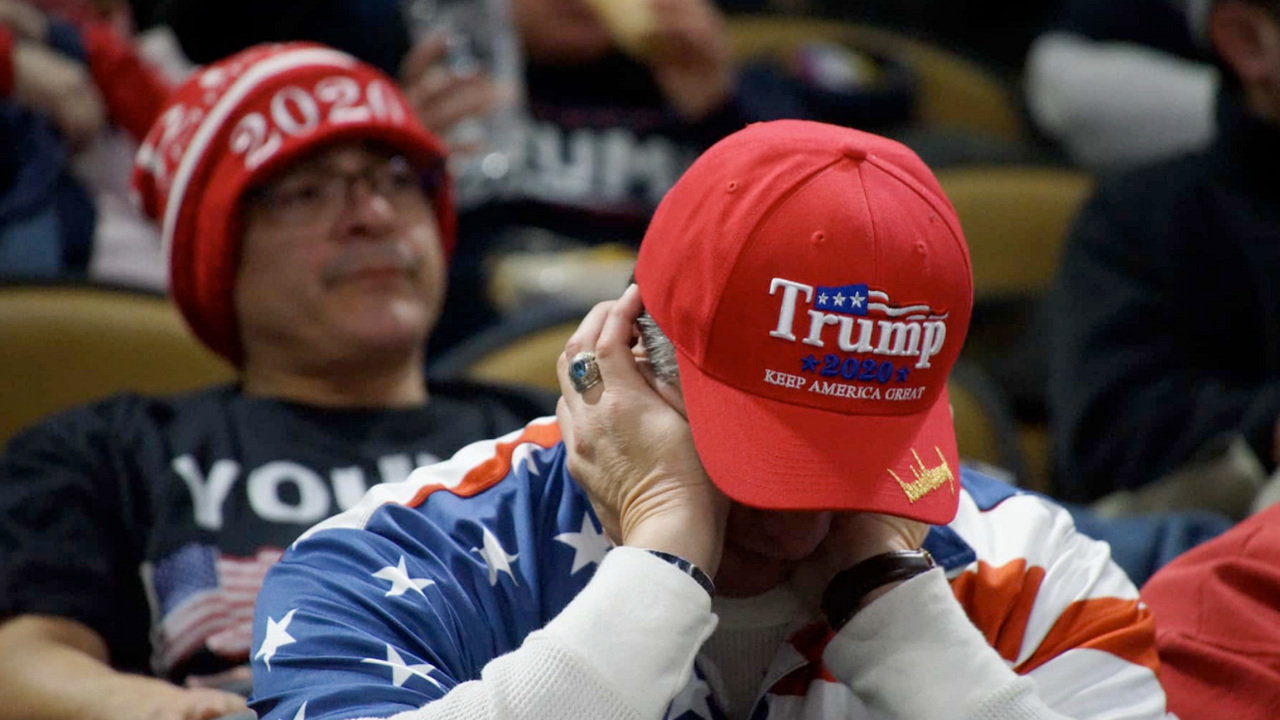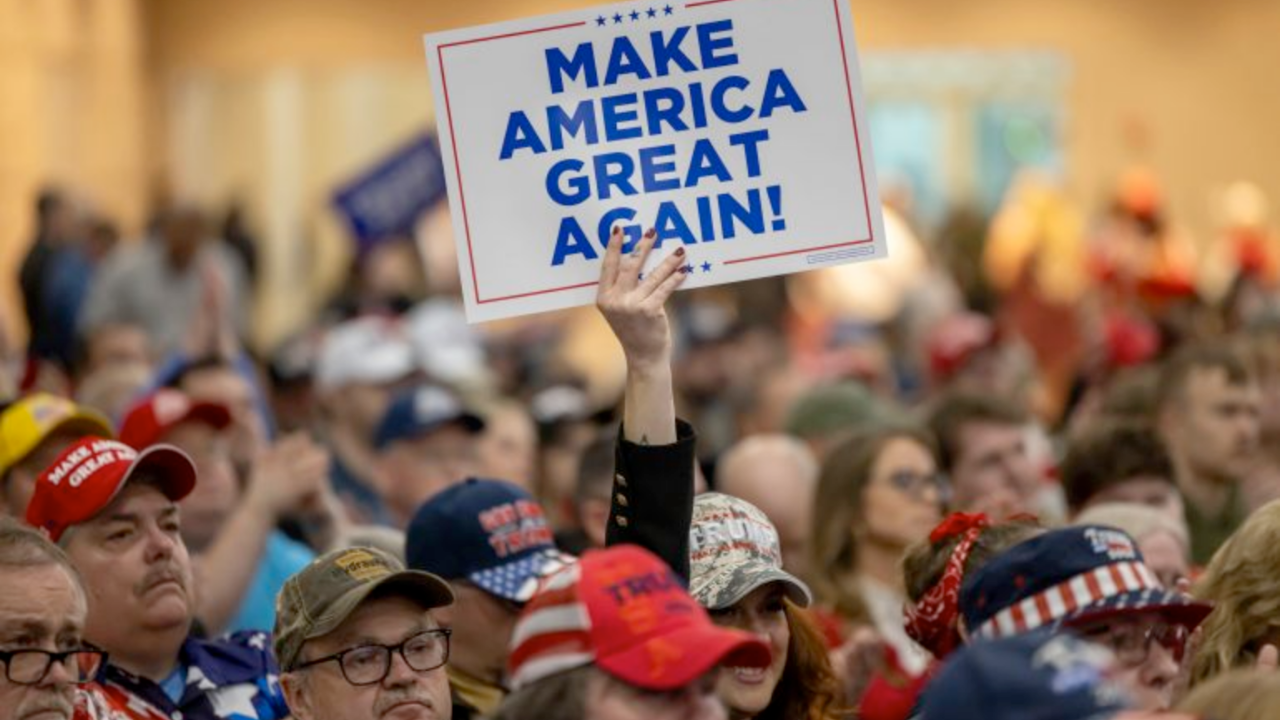
A vocal Trump supporter who spent months defending proposed cuts to entitlement programs expressed complete bewilderment this week after discovering that he, personally, would be affected by those same cuts.
The supporter, who according to a viral social media post initially mocked liberals for being "broke" and opposing cuts to "entitlement spending for illegal immigrants," later expressed profound shock when his family's monthly healthcare costs skyrocketed from $1,500 to $3,300 following the implementation of policies he enthusiastically endorsed.
"I've been a staunch advocate and supporter of yours my entire life," the supporter wrote in a November post directed at Republican leadership. "But my family's healthcare is now going from $1500 a month to $3300 with no relief. I voted for you expecting my life would get better. It's getting worse."
The development comes as Americans with ACA marketplace plans face the steepest premium increases since 2018, a direct result of Republican legislation that the supporter vocally championed. The Congressional Budget Office found that Republicans' healthcare cuts would directly terminate health insurance for 15 million Americans, though the supporter apparently assumed he would not be among them.
In his initial February post, the supporter confidently declared that Social Security and Medicare would remain untouched "for Americans," seemingly unaware that families with employer coverage could pay an additional $900 in cost-sharing in 2026 because of new Trump administration rules affecting all private health plans.
The transformation from "Goood thing liberals are broke" to "I didn't expect this" took approximately nine months, setting what political scientists are calling "a new land-speed record for leopards eating faces."
Recent polls show that about 6 in 10 adults across the political spectrum say they are worried about being able to afford health care, though many Trump voters expressed surprise that Republican healthcare policies would affect them specifically. Trump voters were more likely to blame health insurers, drug companies, and hospital systems than the government for high healthcare costs, despite voting for candidates who explicitly promised to cut government healthcare programs.




